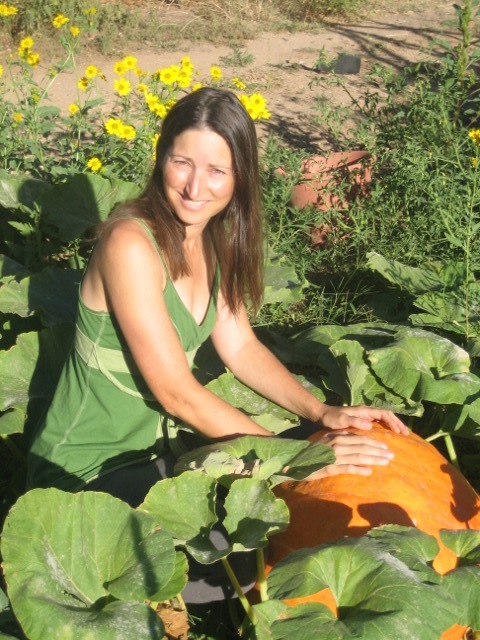Originally posted on Santafenewmexican.com
When Jane from the new hit TV comedyJane the Virgin was told her baby was in a breech position (head up, bottom down), her OB-GYN warned that she could be at risk for a cesarean section.
Jane got the baby to turn with an Oriental medicine technique called moxibustion, in which dried mugwort herb is burned indirectly over acupuncture points. As the show’s narrator said, “Google it! It’s a real thing.” Moxabustion was a great dramatic tool for the TV show. That night, the baby turned but Jane fell asleep while using the moxibustion and her ottoman caught fire. Before trying this at home, I would say seek a professional!
For most Americans, acupuncture and Oriental medicine for pregnancy and birth is the next big discovery waiting to happen — a treasure trove of help for the common challenges of pregnancy. Licensed practitioners of acupuncture and herbal medicine can help decrease stress and anxiety, calm nausea, treat sciatic pain, and improve sleep and energy. Some practitioners are trained to prevent the transfer of parental toxins to the fetus, which are reputed to decrease the risk of childhood epidemics and environmental toxins. For these treatments, visits at the end of each trimester are essential.
Preventing miscarriage is another strength of acupuncture and Oriental medicine. Western medicine has limited treatments for threatened miscarriage. Common treatments include blood thinners such as heparin or aspirin and the hormone progesterone.
Since the medical options are so limited, most doctors try what they can, while they are resigned to wait to see what happens. Oriental medicine, on the other hand, has a different framework that allows us to diagnose specific patterns of an underlying cause and treat them, ideally even before the risk fully manifests as bleeding, blood clots or dilated cervix.
Even less known is its excellent ability to forecast and decrease risk of complicating factors such as preeclampsia, low amniotic fluids or delayed labor — all of which may endanger the fetus and require medical interventions. Even if a pregnancy has been uneventful, visiting an acupuncture and Oriental medicine practitioner at the beginning of the third trimester, at minimum, is wise. We will diagnose constitutional tendencies and potential risks. We will treat to encourage vitality and a smooth, harmonious pregnancy, birth and postpartum experience.
Acupuncture lowers perceived levels of stress, according to a 2010 study.
Imagine how much acupuncture would have helped Jane download all the stressful events in her pregnancy — two breakups, her grandmother’s near death, two new jobs, a crime syndicate and a murder, meeting her father for the first time and unexpected motherhood, and single motherhood at that.
Even if most pregnant women don’t have a life based on a telenovela, we all manage stress in our lives. Stress is dangerous for mother and baby, because it can raise blood pressure to dangerous levels and increase risk of premature birth or low birthweight babies, according to a 2006 March of Dimes study. The season finale of Jane the Virgin showed Jane’s baby being kidnapped only hours after her birth. With this unimaginable stress, the next season may show Jane going through a severe postpartum depression.
Although Jane’s loss is hopefully rare in the real world, postpartum depression is not. It commonly affects 10-15 percent of new mothers, and young mothers are more at risk, according to the Centers for Disease Control and Prevention. Postpartum depression can be minimized with preventive support from acupuncture and Oriental medicine that lowers stress, stabilizes hormones, encourages milk production, stops bleeding and replenishes fluids, blood and energy.
Every pregnant woman deserves good pre- and postnatal support. Acupuncture and Oriental medicine can provide a critical complement to Western medical obstetrics.
Pamela Gregg Flax is a doctor of Oriental medicine and fellow of the American Board of Acupuncture and Oriental medicine.

